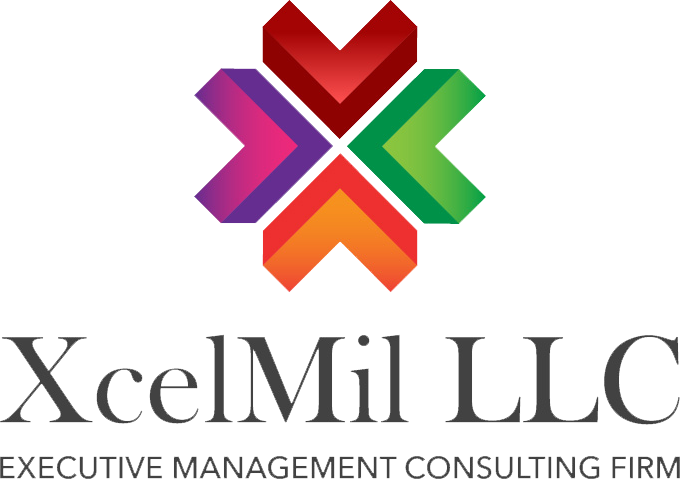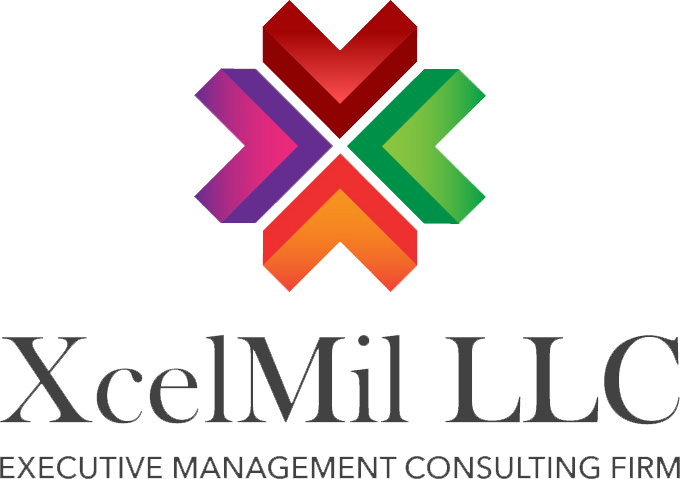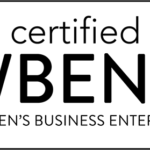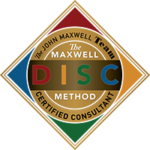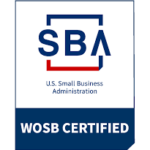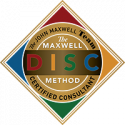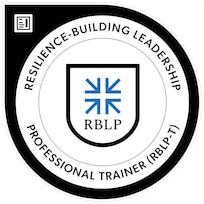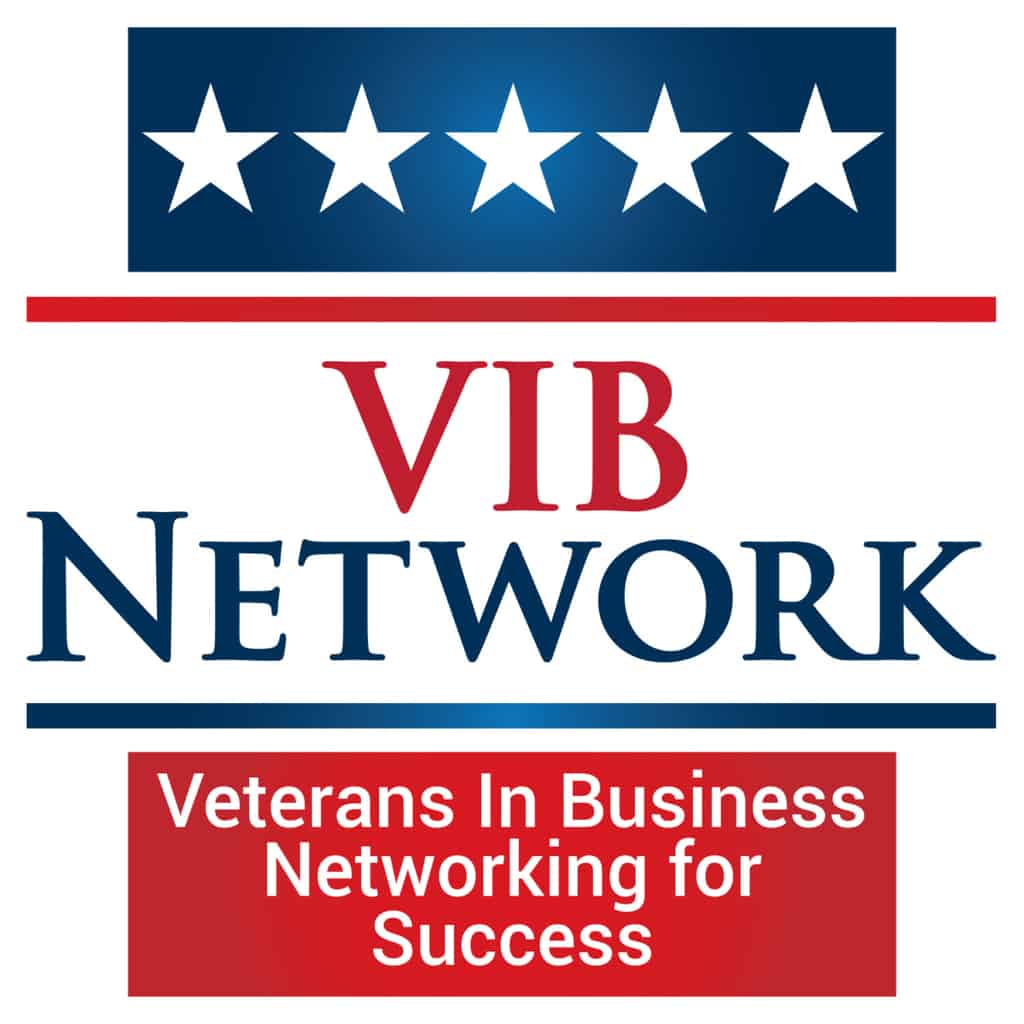Double Down on the Fundamentals
The business world is fast-paced and ever-evolving. As you try to grow your federal contracting business, you not only have your normal business operations, but the added pressure of effectively competing in an already competitive market. The pursuit of dollar signs will always be there, but it cannot detract you and your team from focusing on the fundamentals of business that led you to your current market position.
Some key takeaways from this eBook include:
- Why having a clear vision and mission is paramount to your team’s success
- The importance of automating processes when applicable
- How to remain flexible and agile in a rapidly changing environment
- Understanding the role your business plays in the larger community
- Why company culture and inclusion matters
You Cannot Be Everything to Everyone
While it would be great to provide a wide range of services, it is just not possible. You cannot say that you specialize in janitorial services, lawn care maintenance, cybersecurity, and manufacturing services. It is just not possible.
Creating your business’s identity and adhering to it is not an easy task. When someone asks what your company does, it is probably a relatively easy answer. But what about a question more complex than giving your standard elevator pitch? Something along the lines of, “where do you see your team in the next five years?”
When planning for the future, it is easy to get caught up chasing dollar signs to increase company revenue. However, what does that cost the rest of your business? It can decrease morale and sacrifice your company culture by focusing solely on dollar signs. Not only that, but it can show to others that you want to dabble here and there but cannot specialize anywhere.
You may want to increase revenue, but what about moving to a larger office space, hiring more employees, winning an award for customer service? How about on the contracting side of your business. You may want to expand your sales to a new agency or build new teaming relationships. The vision you have with a business mindset can differ from that of your contracting mindset.
Having a clear vision of all company goals that comes from the top and has buy-in from employees goes a long way.
Keep in mind, successful companies are not always the ones who have the most revenue. They are the ones who have a solid foundation, a strong corporate structure, have clear objectives and goals, and stick to their strengths and build on their weaknesses.
If your company provides cybersecurity, stick to that and focus on it. Be the best cybersecurity contractor you can. You may be able to do a lot of things well, but what can you do that is great?
Identify Manual Processes Than Can Be Automated
Spending countless hours sifting through SAM.Gov or another similar resource does not benefit anyone. Especially those on your team. Is sifting through data to qualify opportunities the best use of your team’s time when they could be drafting stronger, more winnable proposals?
Automation comes in many forms and can be implemented in an array of different ways. Think of how your employees get paid. Is that an automated process or does someone from accounting or HR manually go in and all of the pertinent information required for payment? In 2023, more likely than not, the former. Digital calendars remind us about our upcoming meetings, reminders, events, what day of the week it is. All of that syncs between our computers and phones without the press of a button.
As of now, when was the last time you and your team took a pause to review internal processes to see if they can be automated?
Questions to ask your team:
- When was the last time we reviewed manual, tedious processes?
- Which areas are we currently spending too much time and how much is that actually costing us?
- Are there any processes that we have identified that CAN be automated?
- Have we looked at automation tools and weighed the pros and cons of adopting them?
- Have we consulted anyone externally to make sure we are not missing anything?
It can be daunting thinking about adopting a new platform. Especially if that platform requires
buy-in from multiple team members. However, more often than not, after the new process has been implemented, the time and cost savings that you can see pays for itself and more.
Staying Flexible and Agile in an Ever-Changing Environment
There is no set-it-and-forget strategy. It does not exist. Think about Kodak for a brief moment. They were global leaders and nearly had an entire market cornered. When it came time to make a change and adapt to the digital world, they thought it was a fad. No matter how large and comfortable a company is, complacency has no place in the business world.
There needs to be a constant evaluation and evolution of your goods and services, because if you are not improving and enhancing your offerings, your competitors are. Research and plan ahead to think about where you can be (think about your company’s mission and vision) to achieve future goals.
A great way to stay on top of trends and implement product enhancements is to speak with your audience and customers. Which elements are their favorites, which need to be improved, and how can you improve your current offering.
In the event a competitor continues to win opportunities you both bid on, adapting a mindset from being a competitor to a teaming partner might be the best course of action. If applicable.
Staying active and engaging in your field while keeping an ear to the ground is important in an ever-changing environment.
Understanding Your Role in the Federal Contracting Community
When it comes to understanding your role in the world of federal contracting, where do you fit? Are you a small who teams with larges, are you a large who needs smalls to team with, do you have access to GWACs and contract vehicles that other contractors want access to? What is your role and how well do you think you play it?
To go a step further, is your company’s marketing strategy aligned with the overall company strategy? Is the information on your website aligned with your offerings? If not, why? Your company website should be short, concise, and provide a quick overview of who you are, what you do, and what you have done. A website that either over shares and requires too much time to figure out who you are is not effective. On the flip side, websites that under share and the only way to learn more is to get in contact with them can prove to be a waste of time, for both parties.
Know who buys what you sell, where you fit in the marketplace, why someone would want to team with you, and how you can expand into new markets and customers. Remember, you cannot be everything to everyone.
Building Your Company Culture
Every company wants to have a strong company culture. However, the element of wanting and having are two different pieces. Company culture boils down to consistently doing the simple things well. Building a strong internal framework takes time, but once it is set up, many ancillary pieces fall into place. Everyone in the company has a role, and so long as everyone plays their part, progress can be made.
Communication is key, especially when it comes to different teams. Marketing, sales, support, product development, you name it. They all need to be on the same page so they can coordinate efforts to strengthen the company’s overall structure.
In addition to a strong framework, you need the right people on your team. Building a strong company culture goes a long way in helping your team flourish. In today’s job market, the average employee tenure is only four years. How do you plan to not only attract top performers, but retain them? You need a strong culture that makes them want to stay. Letting employees know their voice is heard, that their input is valued, and the quality of work goes a long way.
When working for a company, experts often say “you should either learn or earn at your job. If you are doing neither, it is time to leave.” If you sent out an anonymous questionnaire to your employees to learn about company culture, how do you think you would fare?
About XcelMil LLC
XcelMil LLC offers a suite of consulting and training solutions to federal contractors. They are built on a foundation of a passion to educate, motivate, and be a catalyst for change in organizations small to large. Promoting the notion that change begins with a multifaceted approach, they provide a wide range of services, including administrative management support, executive coaching, professional training and development, and customized learning solutions.
Learn more about XcelMil here.
How Federal Compass Can Help
Federal Compass is a SaaS platform that enables strategy, growth, and process for federal contractors and the federal market. Designed to meet the needs of today’s federal contractors, we provide an all-encompassing solution to help you and your team hit revenue goals, win more contracts, expand into new markets, and identify new and potential teaming partners.
